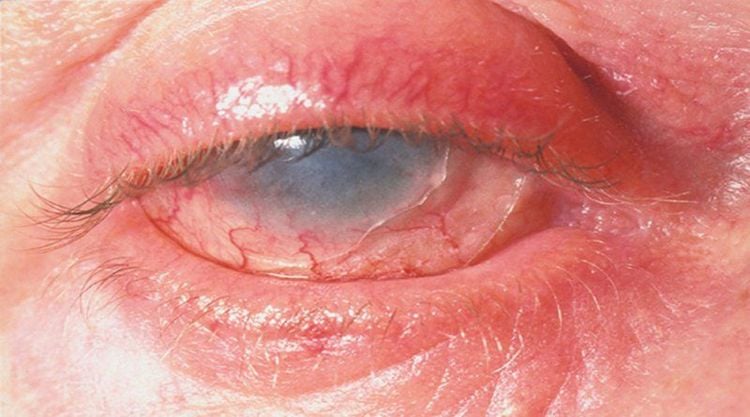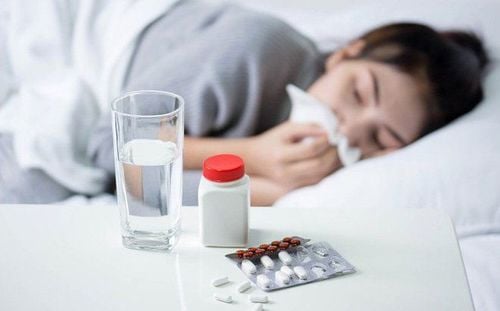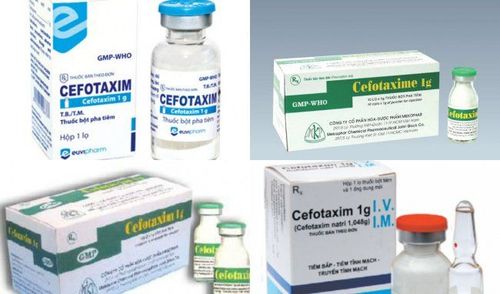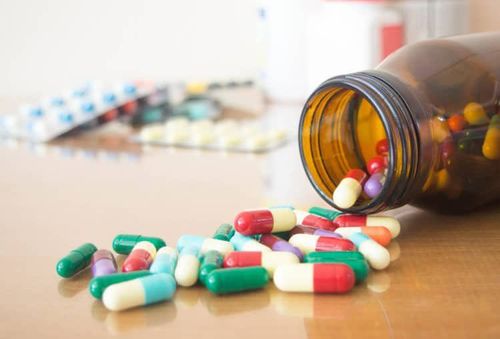This is an automatically translated article.
Article by Pharmacist Nguyen Thi Bich Phuong, Faculty of Pharmacy - Vinmec Ha Long International General Hospital.Cefixime is a 3rd generation cephalosporin antibiotic used to treat infections caused by bacteria.
1. What is Cefixime?
Cefixim medicine is used to treat infectious diseases at locations such as:
Ears (Ex: Middle ear infection) Nose, sinuses (Ex: Sinusitis) Throat (Ex: Pharyngitis, tonsillitis) ) Pneumonia, acute exacerbation of chronic bronchitis Urogenital system (Example: Cystitis, pyelonephritis, uncomplicated gonorrhea)
2. What dosage forms and concentrations does Cefixime have?
Medicines containing Cefixime may have different dosage forms (eg: Capsules, tablets, chewable tablets, vials for oral suspension, sachets of powder for suspension) with different strengths.
There are some brand name drugs such as Cefixim 200mg, Cefixim 100, Novafex 100mg/5ml, Cefixim 50mg, Cefixim 400mg ...)

Thuốc Cefixim được chỉ định để điều trị các bệnh lý nhiễm khuẩn
3. Dosage of Cefixime for adults and children
Adults: Use dosage form Cefixim 200mg: 1-2 tablets/day for 1 time/day or divided into 2 times/day. Children > 12 years old or > 45 kg: Use the same dose as adults. Children > 6 months and not more than 45kg: 8mg/kg/day divided into 1-2 times, can choose suspension dosage form for easy dose division.
4. Side effects of Cefixime
Although rare, there are some serious side effects, even death, you need to pay attention to when taking the drug:
Symptoms of allergic reactions, anaphylaxis: Rash, itching, swelling, wheezing , chest pain, difficulty breathing, difficulty swallowing, hoarseness, swelling of the face, nose, lips, tongue, and throat. Signs of Steven Johnson syndrome: There may be blistering, bleeding in the lips, eyes, mouth, nose, and genitals, fever and flu-like symptoms.

Người dùng phản ứng với thuốc có thể bị chảy máu vùng môi mắt và một số bộ phận khác
Diarrhea is a common adverse effect associated with antibiotics. Because of this side effect, it is common for doctors to prescribe digestive enzymes when taking antibiotics. A rare form of diarrhea after taking antibiotics called Clostridium difficile pseudomembranous colitis can occur during or a few months after taking antibiotics. Call your doctor right away if you have any of the following symptoms: Abdominal pain, cramping, watery or bloody stools. Uncommon side effects: Abdominal pain, nausea, indigestion, flatulence.
In addition, there may be some other rare side effects such as: acute renal failure, angioedema, candidiasis, dizziness, drug fever, eosinophilia, erythema multiforme, headache, hepatitis, increased bilirubin, increased liver enzymes, jaundice, leukopenia, itching, convulsions, thrombocytopenia...
To register for examination and treatment at Vinmec International General Hospital, you can contact Hotline System Vinmec Health System nationwide, or register online HERE.













